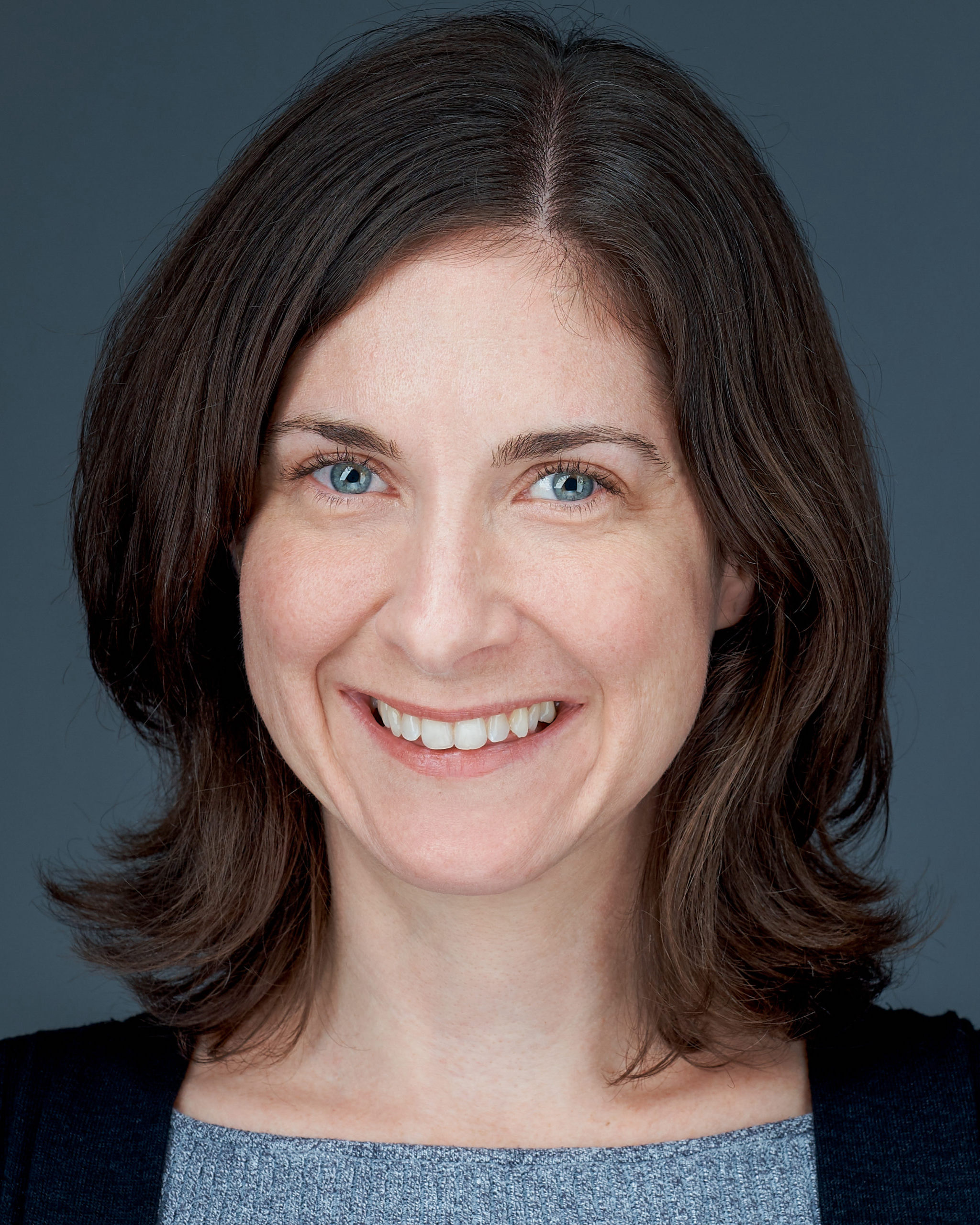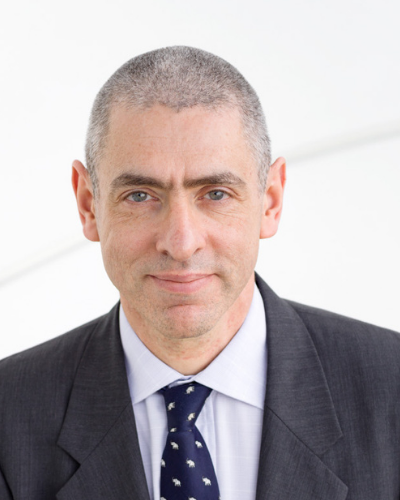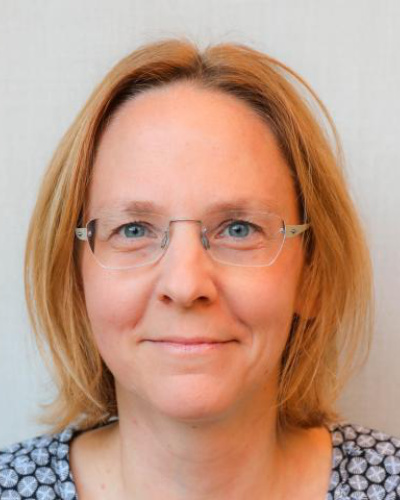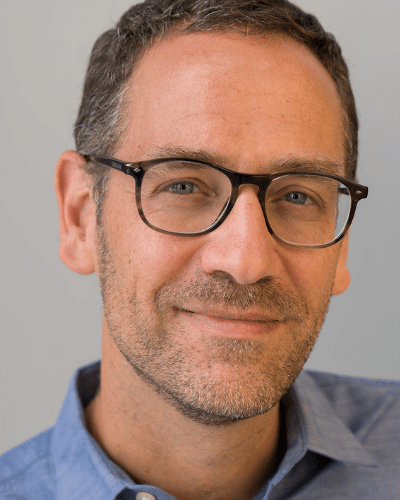The Brain Conferences Committee
Set up in 2012, the Brain Conference Committee is a special Committee responsible for the successful implementation of the Brain Conferences series.
This biannual conference series is organised and financed through a partnership between FENS and the Lundbeck Foundation. They aim to promote excellence, scientific exchange and visibility for diverse topics in contemporary neuroscience. It focuses on the highest degree of scientific excellence worldwide by continuously engaging leading experts as scientific chairs and speakers.

Megan R. Carey, Portugal
Member
Since April 2024
Megan R. Carey is a Group Leader in the Neuroscience Program at the Champalimaud Center for the Unknown in Lisbon, Portugal. She received her PhD in 2005 from the University of California, San Francisco, where her thesis was awarded UCSF’s Krevans Distinguished Dissertation Award. After a Helen Hay Whitney Postdoctoral Fellowship at Harvard Medical School, Dr. Carey started her independent laboratory at the Champalimaud. Her lab combines quantitative behavioral analysis, genetics, and physiology to understand how the brain controls learned and coordinated movements.
Dr. Carey was an International Early Career Scientist of the Howard Hughes Medical Institute and her lab is funded by the European Research Council. She serves on the Board of Reviewing Editors for eLife and the Board of Directors of the Society for the Neural Control of Movement and the ALBA Network for Equity and Diversity in Brain Sciences. She has co-Chaired the Gordon Research Conference on the Cerebellum, COSYNE, and the FENS-Cajal summer course on the Behavior of Neural Systems. Dr. Carey has taken on broader leadership roles within Europe as the Chair of the FENS Kavli Network of Excellence (a network of early-mid career European neuroscience PIs), and as a high-level policy advisor to the European Commissioner for Research & Innovation.

Peter Dayan, Germany
Member
Since September 2021
Peter Dayan did his PhD in Edinburgh, postdocs at the Salk Institute and Toronto. He was an assistant professor in the Department of Brain and
Cognitive Sciences at MIT, and was a founding faculty member of the Gatsby Computational Neuroscience Unit at UCL, which he then ran for 15
years.
He is currently a Director at the Max Planck Institute for Biological Cybernetics and a Professor at the University of Tübingen. His interests include affective decision making and neural reinforcement learning.

Guillén Fernández, Netherlands
Member
Since April 2024
Guillén Fernández is serving as the Scientific Director of the Radboud University Medical Center, Principal Investigator at the Donders Institute and professor for cognitive neuroscience at Radboud University. His research focuses on the brain basis of memory, emotion, and their interaction, using an interdisciplinary approach that combines cognitive neuroimaging, genetics, pharmacology, and various clinical disciplines. Guillén Fernández is a Knight of the Order of the Netherlands Lion, a Fellow of the Royal Netherlands Academy of Arts and Sciences (KNAW), the Academia Europaea, and the Memory Disorder Research Society. He has received numerous awards, including the Richard-Jung Award from the German Society for Clinical Neurophysiology, the Vici Award from the Dutch Organisation for Scientific Research, the Radboud Science Award, and an Advanced Investigator Grant from the European Research Council.

Sonja Hofer, United Kingdom
Chair
Since November 2019
Sonja Hofer is a Professor at the Sainsbury Wellcome Centre for Neural Circuits and Behaviour in London since 2018. She undertook her PhD at the Max Planck Institute of Neurobiology, Martinsried, Germany, after which she went to University College London, UK, as a Postdoc. From 2013 to 2017 she held an Assistant Professorship at the Biozentrum, University Basel, Switzerland. She received several awards including the Kandel Young Neuroscientists Prize. Her research focuses on understanding the neural basis of sensory perception. Her research group studies how the brain processes visual information, how visual neural networks are organized, shaped by experience and learning, and how they integrate visual signals with other, internal information in order to interpret the outside world and guide actions.

Denis Jabaudon, Switzerland
Member
Since November 2020
Denis Jabaudon is currently a professor at the University of Geneva, the Director of the Geneva University Neurocenter, and also practices as a clinical neurologist at Geneva University Hospital. His work is funded by the Swiss National Science Foundation and the European Research Council (Advanced grant). Pr. Jabaudon’s research focuses on understanding how genetic and input-dependent mechanisms interact to control neuronal circuit assembly during cortical development. His laboratory has identified key mechanisms underlying the generation of neuronal diversity during corticogenesis, including showing that electric properties of cortical progenitors are instrumental to generate different types of neurons, identifying sequential molecular steps involved in cortical neuron generation, and revealing that cortical progenitors retain the ability to generate normally previously-born neurons. Denis Jabaudon is FENS KAVLI network of excellence alumnus and his research has earned him several awards including the Cloetta prize and Robert Bing Prize .
